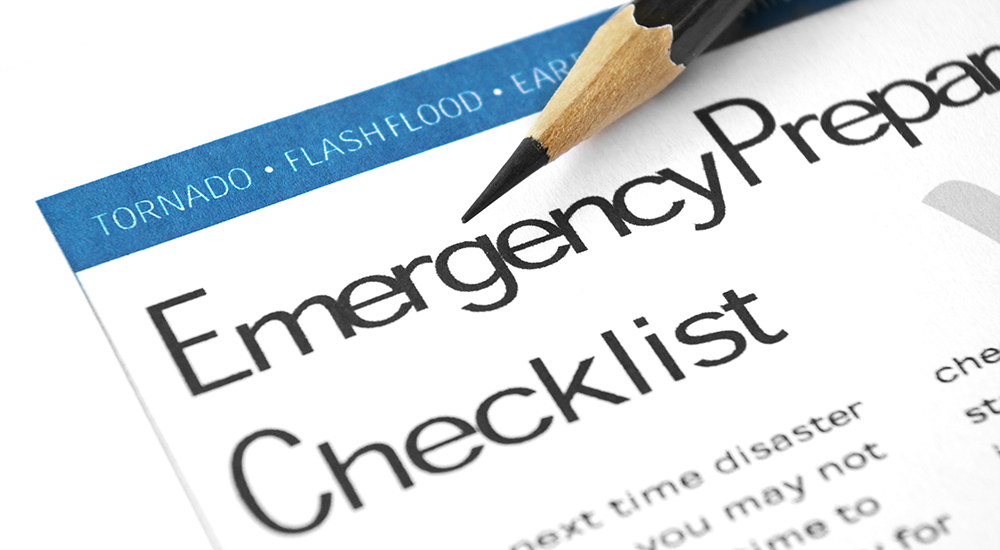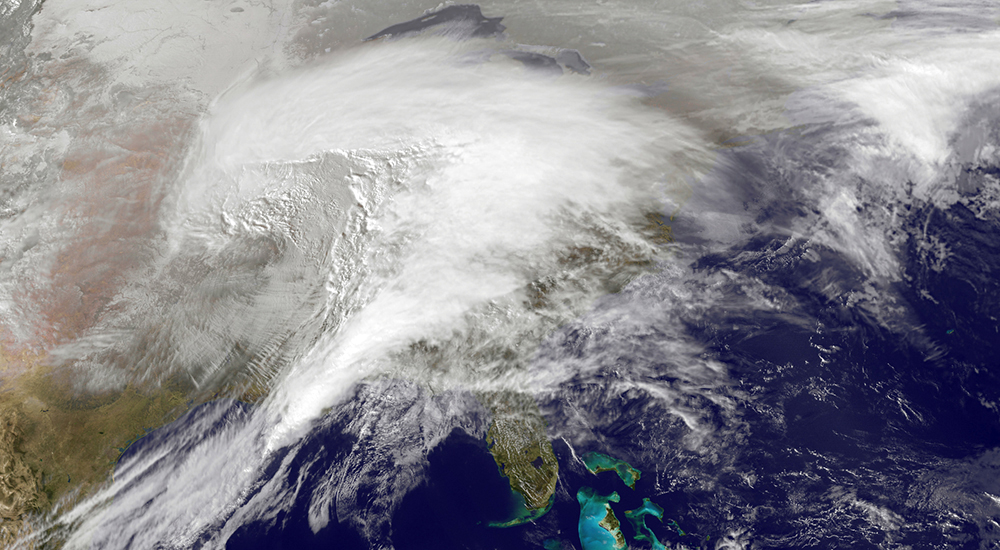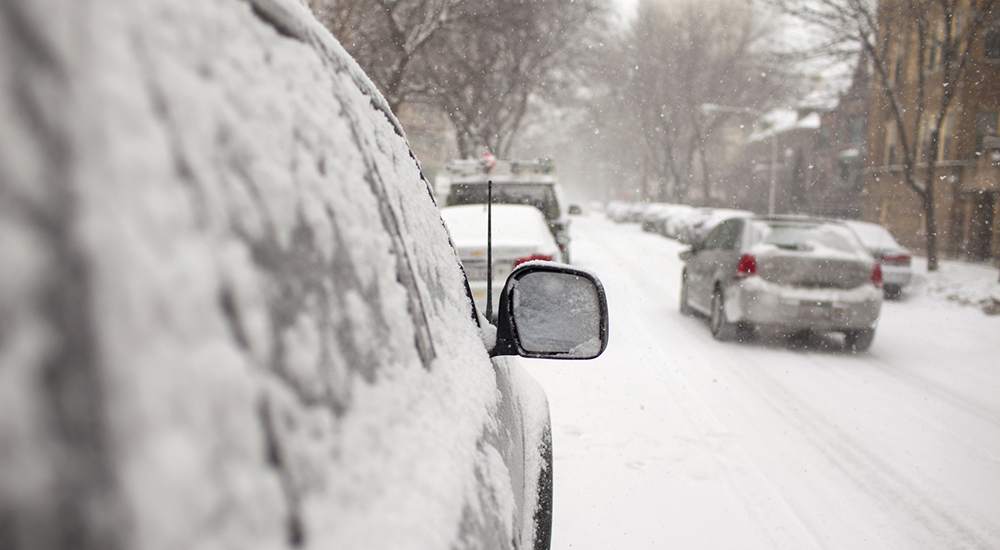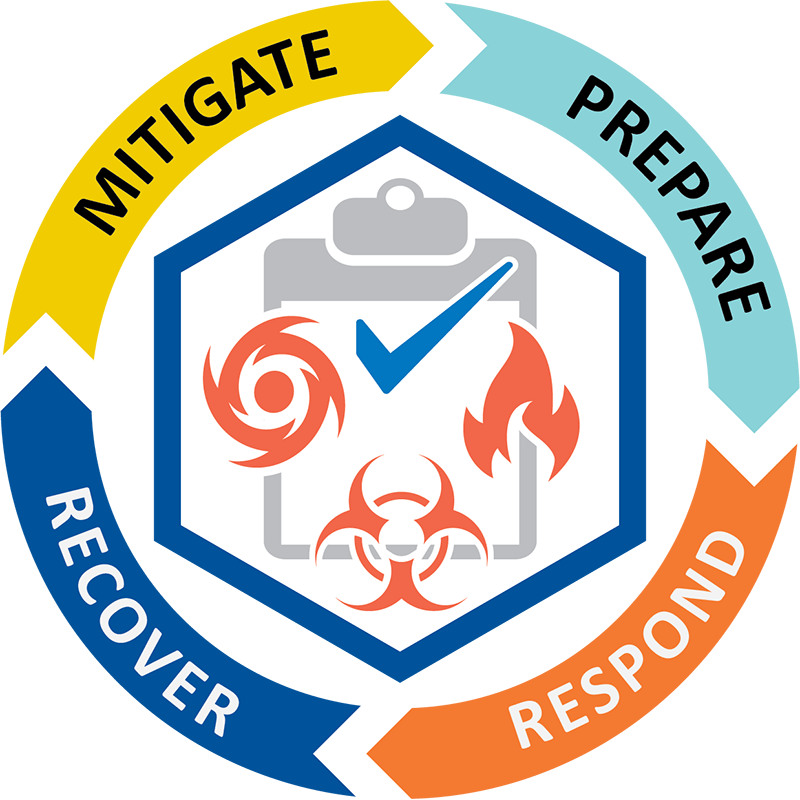Emergency Preparedness

Be Prepared. Be Safe.

Hurricanes

Winter Storms
In an Emergency, the Network works with dialysis facilities to track and report the status of facility operations (open/closed/altered schedule). The Network works with federal, state, and local government agencies as needed to assist with patient safety and ensure dialysis facilities are prioritized to be open. Emergencies caused by severe weather or disasters can happen with or without warning. If you need dialysis, having the necessary power, water, transportation, and supplies will be important. Some emergency situations may make it impossible for people with End Stage Renal Disease (ESRD) to get to their dialysis facility to receive treatment. It is important to be prepared, plan ahead and respond accordingly.
Resources for Healthcare Providers
- *NEW* Emergency Transportation Options for Dialysis Patients: Flyer
- CMS Emergency Preparedness Final Rule: Updated Guidelines
- Emergency Preparedness for Dialysis Facilities: Guide
- Technical Resources, Assistance Center, and Information Exchange (TRACIE): Link
- CDC Natural Disasters and Severe Weather: Link
- CDC Preparedness and Planning: Link
- Rural Emergency Planning and Response: Link
- CMS 1135 Waivers for National Emergencies: Link
- Ready, Set, Go! Checklist for Cyber Security Planning: Resource
- Emergency Preparedness Regulation Guidelines: : Link
Resources for Patients
- *NEW* Be Prepared for Emergencies Flyer: English | Spanish
- *NEW* Staying Safe Online Flyer: English | Spanish
- Emergency Preparedness Checklist for Patients: English | Spanish
- Food Assistance After a Disaster: Link
- Practices To Help Keep You Safe While Traveling To Your Healthcare Provider: English | Spanish
- Preparing For Emergencies (CMS Resource): English | Spanish
- KCER 3-Day Emergency Diet Plan: English|Spanish
- KCER Patient Emergency ID: Template
- Emergency Disconnect Procedure for In-Center Hemodialysis Patients: Handout
- NKF - Emergency Planning for People with Kidney Disease: Link
- KCER Emergency Planning: Checklist
Evacuee Resources for Patients
AKF Financial Grants
The American Kidney Fund manages its grant application process through the online Grants Management System (GMS). To help your patients apply for assistance from our Health Insurance Premium Program (HIPP), Safety Net program, prescription drug programs, disaster relief and grants for children, you will need to register in GMS, where you can download grant program guidelines and information. Click here to enter GMS
FEMA Assistance
www.DisasterAssistance.gov, is the quickest way to register for FEMA assistance. If you are unable to access the internet, you can also call 1-800-621-3362 (711/Video Relay Service), TTY 1-800-462-7585.
SAMHSA Disaster Distress Helpline
The SAMHSA Disaster Distress Helpline puts people in need of counseling on the path to recovery. Our staff members provide counseling and support before, during, and after disasters and refer people to local disaster-related resources for follow-up care and support. The Disaster Distress Helpline is staffed by trained counselors from a network of crisis call centers located across the United States. Call 1-800-985-5990 or text TalkWithUs to 66746 to connect with a trained crisis counselor.
ASPR Public Health and Emergency Support
The US Department of Health and Human Services' ASPR assists affected communities. The resources on this webpage can help individuals, families, communities and professionals stay up-to-date and recover from emergency events.
Centers For Medicare & Medicaid Services (CMS)
CMS is helping states and U.S. territories to maintain access to care for those with Medicare and Medicaid by supporting the ability of participating hospitals and other healthcare facilities to provide timely care to as many people impacted by an emergency or disaster as possible. CMS will exercise allowable flexibilities and issue waivers as needed to accommodate the needs of those impacted by an emergency or disaster. Please see this Emergency Response and Recovery webpage for more information.

If you have questions or need assistance, please contact us:
Patient Hotlines
-
- American Kidney Fund (AKF)
1-866-300-2900 - Federal Emergency Management Agency (FEMA)
1-800-621-3362 - National Kidney Foundation (NKF)
1-888-335-4363 - Kidney Emergency Response Coalition (KCER)
1-866-901-3773 - Veterans Disaster Relief Hotline (Only Activates During a Disaster)
1-800-507-4571 - Baxter Renal Care
1- 800-422-9837 - SAMHSA Disaster Distress Hotline
1-800-985-5990
- American Kidney Fund (AKF)
